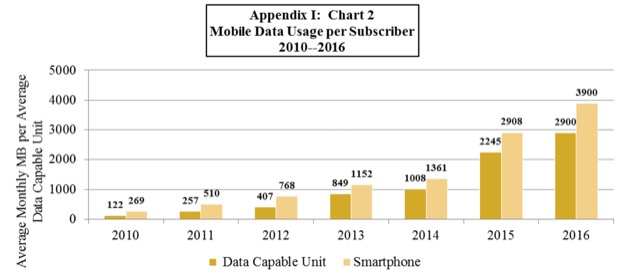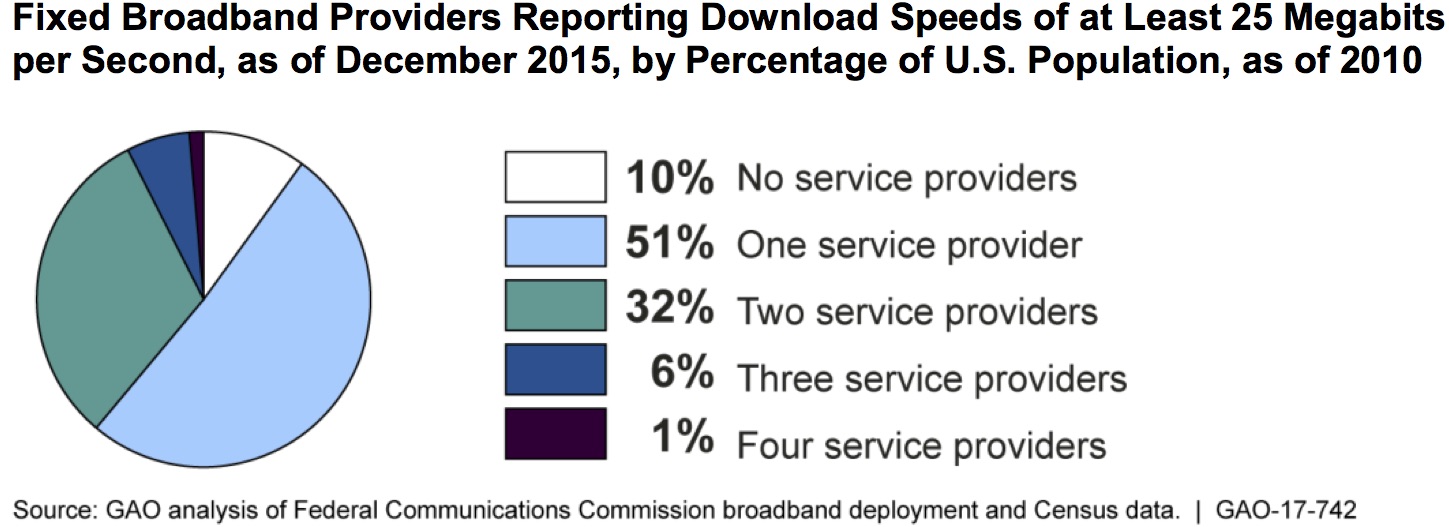CPUC leaves heavy lifting to feds, okays CenturyLink-Level 3
Update, 18 October 2017: the CPUC posted the final decision, no changes:

CenturyLink’s purchase of Level 3 Communications has the blessing of the California Public Utilities Commission. In a unanimous vote yesterday, commissioners approved a decision authored by administrative law judge Regina DeAngelis that grants permission, subject to various administrative requirements and compliance with a settlement agreement reached with consumer advocacy groups.… More

![By KButton18 (Own work) [CC BY-SA 4.0 (https://creativecommons.org/licenses/by-sa/4.0)], via Wikimedia Commons](https://www.tellusventure.com/images/2017/10/checkered_flag.jpg)



![Mark Miller [CC BY-SA 3.0 (https://creativecommons.org/licenses/by-sa/3.0)], via Wikimedia Commons](https://www.tellusventure.com/images/2017/10/jerry_brown_rally.jpg)
![By raduranga (Own work) [CC BY-SA 4.0 (https://creativecommons.org/licenses/by-sa/4.0)], via Wikimedia Commons](https://www.tellusventure.com/images/2017/9/san_francisco_sunrise.jpg)


